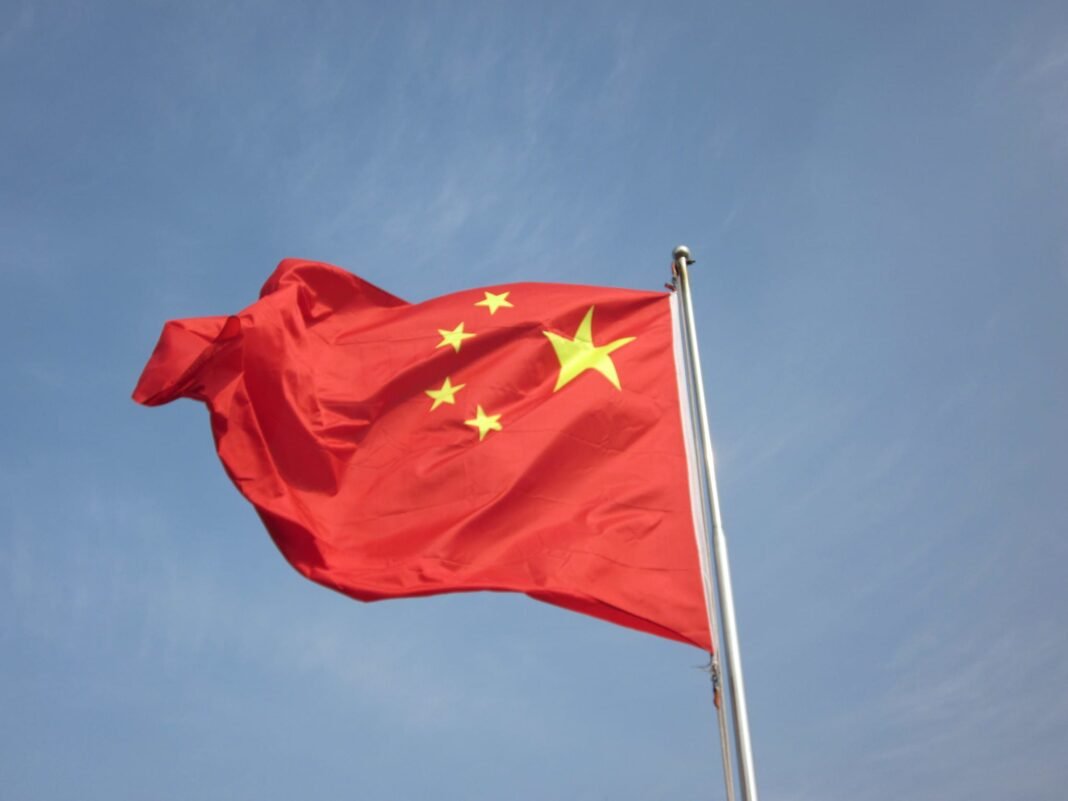
China has introduced a proposal for global governance of artificial intelligence, days after the United States announced its plan to secure leadership in the rapidly growing technology. The competing visions highlight the intensifying race between the two largest economies to shape the future of AI.
Premier Li Qiang presented China’s plan at the World AI Conference (WAIC) in Shanghai, an annual gathering of more than 800 companies and experts from over 40 countries. The event has become a key platform for showcasing China’s ambitions in AI and robotics.
Li urges a unified global framework for AI
Li warned that global approaches to regulating AI remain divided, with countries following different rules and principles. He urged governments to collaborate on a unified framework that ensures AI benefits society rather than a small group of nations or companies.
“Key resources and capabilities are concentrated in a few countries and a few enterprises,” Li said, warning against monopolies and export controls that could limit access to AI technology. His comments came as US-China trade tensions over advanced semiconductor exports continue to shape negotiations.
Earlier in the week, the Trump administration released a 28-page action plan aimed at cutting regulatory barriers and strengthening U.S. dominance in AI. The plan coincided with renewed trade talks in Stockholm, where both sides made concessions. Washington lifted restrictions on certain Nvidia AI chips, and Beijing paused an antitrust probe into U.S. chemical giant DuPont.
China ramps up AI investment amid U.S. competition
China’s commitment to AI has surged in recent years. The country is home to more than 5,000 AI companies, with its core industry valued at 600 billion yuan ($84 billion) as of April 2025.
The record number of new attendances and product releases during the 2025 World Artificial Intelligence Conference and High-Level Meeting on Global #AI Governance have reflected the rapid progress made in China’s AI industry, which is emerging as an important driver of… pic.twitter.com/1QnRBCYQjs
— China Daily (@ChinaDaily) July 29, 2025
State-backed venture funds invested an estimated $209 billion in AI between 2013 and 2023, and public spending this year alone is expected to surpass 400 billion yuan ($56 billion).
Despite this growth, US private investment remains higher, reaching $109 billion in 2024, nearly 12 times China’s $9.3 billion. Yet China leads in other areas, filing more generative AI patents annually than all other nations combined since 2017, according to the World Intellectual Property Organisation.
Startups have also driven China’s rapid progress. DeepSeek’s R1 model shocked markets earlier this year by outperforming rivals at a fraction of the cost of ChatGPT or Google’s Gemini. Moonshot’s Kimi K2 model drew global attention for similar reasons this month.
Global experts push for coordinated AI governance
At the conference, international figures echoed Li’s call for coordinated oversight. ASEAN Secretary-General Kao Kim Hourn warned about the risks of misinformation, deepfakes, and cyberattacks, urging swift action to ensure AI serves the public good.
Former Google CEO Eric Schmidt stressed that the US and China must cooperate to maintain global stability and human control over advanced systems.
The conference also featured notable attendees such as Geoffrey Hinton, often called “the godfather of AI”, and French AI expert Anne Bouverot, who serves as a special envoy on AI issues.
Event highlights China’s rising AI ambitions
Beyond policy discussions, WAIC featured more than 3,000 exhibits, including over 100 product launches.
Highlights ranged from Tencent and SenseTime’s new AI models to Alibaba’s first AI-powered smart glasses and popcorn-serving robots from Keenon Robotics. Unitree’s G1 boxing robot became a crowd favourite, joined by dancing robot dogs from China Mobile and a mahjong-playing humanoid by PsiBot.
The annual conference, launched in 2018 by Singapore’s Artificial Intelligence International Institute, has become a central stage for China to display its growing influence in global AI development, a rivalry that shows no sign of slowing.


